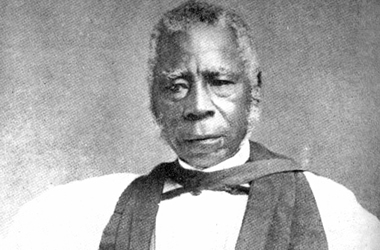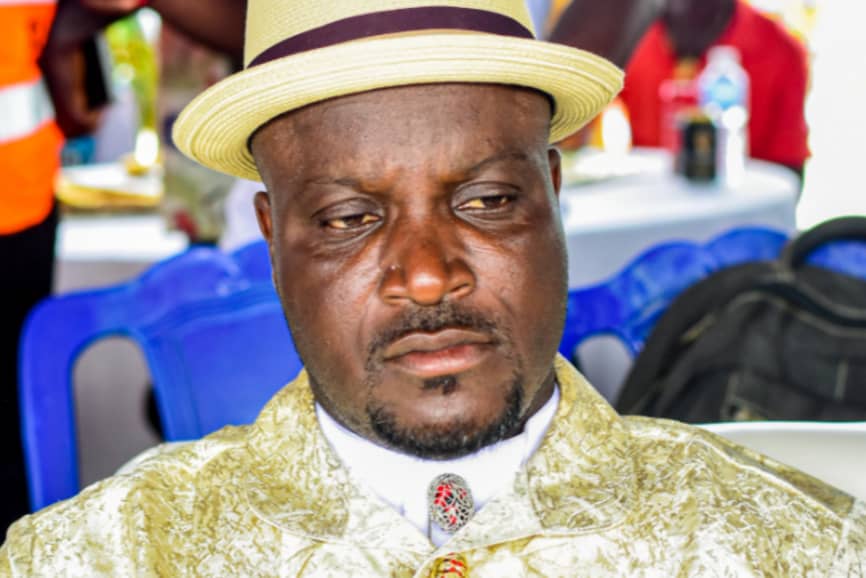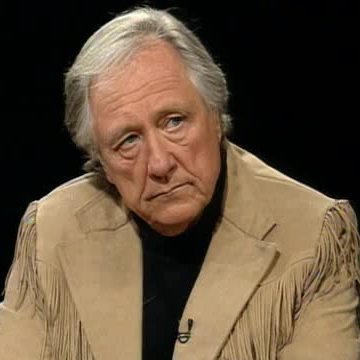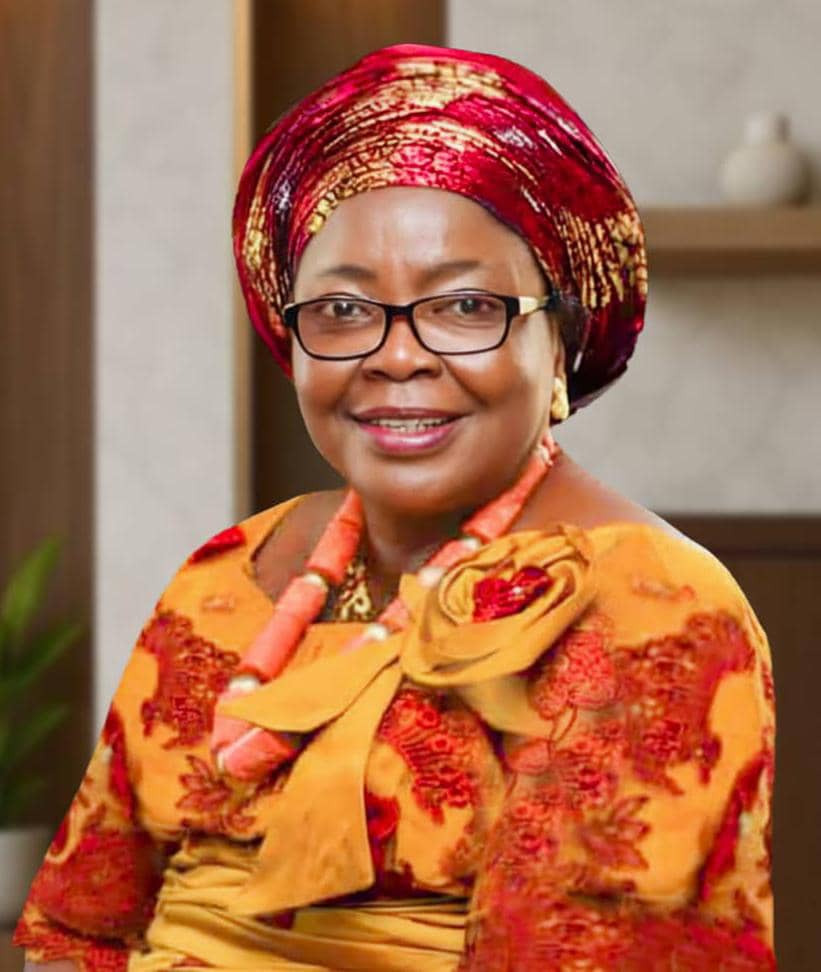SAMUEL AJAYI CROWTHER: First African Anglican Bishop of West Africa

Did you know that among the published works of Crowther were the translation of the Bible into Yoruba, the compilation of a Yoruba dictionary, vocabulary of the Yoruba Language, including a large number of local proverbs?
Samuel Ajayi Crowther (grandson of King Abiodun), born sometime in Osogun (present day Ado-Awaye in Oyo State, Nigeria) in 1809, is a Yoruba linguist, clergyman, and the first African Anglican bishop of West Africa. He and his family were captured by Fulani slave raiders when he was about 12 years old during the Yoruba civil wars, notably the Owu wars of 1821–1829, where his village (Osogun) was ransacked. He was later on resold to Portuguese slave dealers, where he was put on board to be transported to the New World through the Atlantic.
Crowther was freed from slavery at a coastal port by the Royal Navy's West Africa Squadron, which was enforcing the British ban against the Atlantic slave trade. The liberated peoples were resettled in Sierra Leone. In Sierra Leone, He adopted an English name of Samuel Crowther, and began his education in English. He adopted Christianity and also identified with Sierra Leone's then ascendant Krio ethnic group.
Crowther was selected to accompany the missionary James Schön on the Niger expedition of 1841. Together with Schön, he was expected to learn Hausa for use on the expedition. Its goal was to stimulate commerce, teach agricultural techniques, encourage Christianity, and help end the slave trade.
Following the expedition, Crowther was recalled to England, where he was trained as a minister and ordained by the Bishop of London. Schön wrote to the Church Missionary Society noting Crowther's usefulness and ability on the expedition, recommending that he be prepared for ordination.
Crowther returned to Africa in 1843 and, with Henry Townsend, opened a mission in Abeokuta, in today's Ogun State, Nigeria. He began translating the Bible into Yoruba and compiling a Yoruba dictionary. In 1843, his grammar book, on which he had begun working during the Niger expedition, was published. A Yoruba version of the Anglican Book of Common Prayer followed later. Crowther also compiled A Vocabulary of the Yoruba Language, including a large number of local proverbs, published in London in 1852.
Following the British Niger Expeditions of 1854 and 1857, Crowther, published an Igbo primer coded by a young Igbo missionary named Simon Jonas, who travelled with him to Aboh in 1857. He published one for the Nupe language in 1860, and a full grammar and vocabulary of Nupe in 1864.
Crowther had become a close associate and friend of Captain James Pinson Labulo Davies, an influential politician, mariner, philanthropist and industrialist in colonial Lagos. The two men collaborated on social initiatives in Lagos, such as the founding of The Academy (a social and cultural center for public enlightenment) on 24 October 1866. Crowther was the first patron and Captain J. P. L. Davies was the first president.
In 1864, Crowther was ordained as the first African bishop of the Anglican Church; he was consecrated a bishop on St Peter's day in 1864, by Charles Longley, Archbishop of Canterbury, at Canterbury Cathedral. The licence from Queen Victoria for Crowther's consecration as a bishop authorised and empowered him "Bishop of the United Church of England and Ireland in the said countries in Western Africa beyond the limits of our dominions." He had continued his studies and later received the degree of Doctor of Divinity from the University of Oxford. He later met Queen Victoria and read the Lord's prayer to her in Yoruba, which she described as "soft and melodious."
In March 1881, he and his son Dandeson Crowther attended a conference on the island of Madeira, in the Atlantic Ocean west of Morocco. Crowther had begun to work in languages other than Yoruba, but he continued to supervise the translation of the Yoruba Bible (Bibeli Mimọ), which was completed in the mid-1880s, a few years before his death. Crowther is celebrated with a feast on the liturgical calendar of some Anglican churches, including the Church of Nigeria, on 31 December.
Crowther married a schoolmistress, Asano (i.e. Hassana; she was formerly Muslim), baptised Susan. She had also been liberated from a Portuguese slave ship as mentioned in Crowther's 1837 letter. Their several children included Dandeson Coates Crowther,[15] who later entered the ministry and in 1891 became archdeacon of the Niger Delta. Their second daughter, Abigail, married Thomas Babington Macaulay, a junior associate. Their son and Crowther's grandson, Herbert Macaulay, became one of the first Nigerian nationalists.
Crowther died of a stroke in Lagos, on 31 December 1891, aged 82. He was buried at Ajele Cemetery in Lagos. In 1971 the Lagos State Government under Mobolaji Johnson wanted to redevelop the site of the cemetery for new government offices and issued notices to families of the deceased. Seth Kale, Anglican Bishop of Lagos, representing the Anglican community and Crowther's family, delayed exhumation and reburial until 1976. An elaborate ceremony was held at a new burial site and a cenotaph was installed at Cathedral Church of Christ, Lagos.
SOURCE: Wikipedia
#penglobalhistory #AjayiCrowther



